Singin’ Guru – An Xperience Column
By Staff on October 5, 2024
Singin’ Guru – An Xperience Column – by Jeff and Crystal Moore.
Dear Singin’ Guru,
I’ll just put it out there – how in the hell do you learn to sing and play guitar at the same time? People make it look so easy, but I’m struggling! Help!
Signed,
Struggling
Dear Struggling,
First of all, singing and playing an instrument at the same time is the multitasking equivalent of trying to cook dinner while texting and dodging a rogue dog (or cat for you childless cat peeps)! It’s all about two things:
- Coordination: Managing two different activities (singing and playing) can cause things to fall apart fast.
- Instrument Proficiency: Smooth transitions—moving between chords or fretboard/keyboard positions—can feel like navigating quicksand while singing.
If you can sing well but fumble with your instrument, or vice versa, focus on each skill separately. To sync playing and singing, you must be comfortable with both. Start by humming along to your playing. This allows your brain to focus on both tasks without lyrics. Research shows that practicing the melody without the lyrics engages different parts of the brain, helping you better manage divided attention.
Once coordination improves, address the next issue: instrument proficiency. Problems arise a whopping 80% of the time when changing chords smoothly. If your fingers lag, your performance will seem clunky. But don’t panic! Even legends like Paul McCartney struggled with this. He said that mastering transitions in songs like “Blackbird” was one of his toughest challenges. So, if Sir Paul had to face this issue and work through it, you’re in good company!
To tackle transitions, try these tips:
- Slow it down: Practice chord changes at a slower tempo and gradually speed up.
- Isolate trouble spots: Focus on the tricky chord change until it becomes muscle memory.
- Play with others: Jamming with other musicians or playing along with tracks can help you lock into the rhythm and keep your transitions clean. The pressure of keeping up can push you to improve faster.
Struggling, you’re not alone. Separate the tasks, hone those transitions, and soon you’ll be singing and playing effortlessly.
Yours Truly,
The Singin’ Guru
Dear Singin’ Guru,
You said I can decide to be a singer, but aren’t you born a singer?
Sincerely,
Ms. Nature vs. Nurture
Dear Ms. Nature vs. Nurture,
Ah, the proverbial question: “Are we born with greatness or do we hustle for it?” You absolutely can decide to become a singer. Are some people naturally better at singing? Sure. But comparing yourself to others is a recipe for singing in the shower forever. (Which, let’s be honest, does sound great, right?)
Let’s say that you’re off-pitch and rhythmically confused, like your inner metronome is on vacation. Meanwhile, the high school musical star can belt out a perfect G sharp like she was born with a microphone in hand. Does this mean you should pack it in and call it quits? Not so fast! If we follow this logic, then that high school singer should give up because she’s not as good as the local diva at the downtown jazz club. And hey, maybe that local diva should quit because she’s not headlining Broadway, right? Ridiculous, isn’t it?
This line of thinking is flawed because it’s rooted in emotion—the feeling that you want to be great RIGHT NOW. Greatness takes work, not some kind of mystical birthright. Very few are “natural talents” who start perfectly. Most hit a wall and have to work just as hard as anyone else.
Ed Sheeran, who we all know as a global megastar, has been refreshingly honest about his journey. He once said, “I’m not talented, I worked very hard.” He even admitted that his early performances were terrible, but he persisted. It’s proof that talent is a small part of the equation, and hard work (and some luck along the way) is what gets you to the top.
And let’s not forget Taylor Swift’s famous take on songwriting: “There’s a 1 to 100 scale, and everybody starts at 1.” She emphasizes that success in music is all about the effort you put in. You may not be a natural-born singer, but if you start at 1, you can absolutely make it to YOUR 100 with dedication.
So no, you aren’t born a singer—you become one. The real question is: how badly do you want it? With enough practice and perseverance, we’ve taken people from the bottom 1% to the top of their class. You can do the same.
Forever Yours,
The Singin’ Guru
Got a question? Contact the Singin’ Guru at jeff@peakmusicstudios.com. Until next month!
Contact Peak Music if you are a singer who wants to learn how to improve their singing and playing. Peak Music’s ultimate goal is to help you find your own unique voice and sound, and to become the musician you’ve always dreamed of being. Book a free consultation at www.PeakMusicStudios.com.
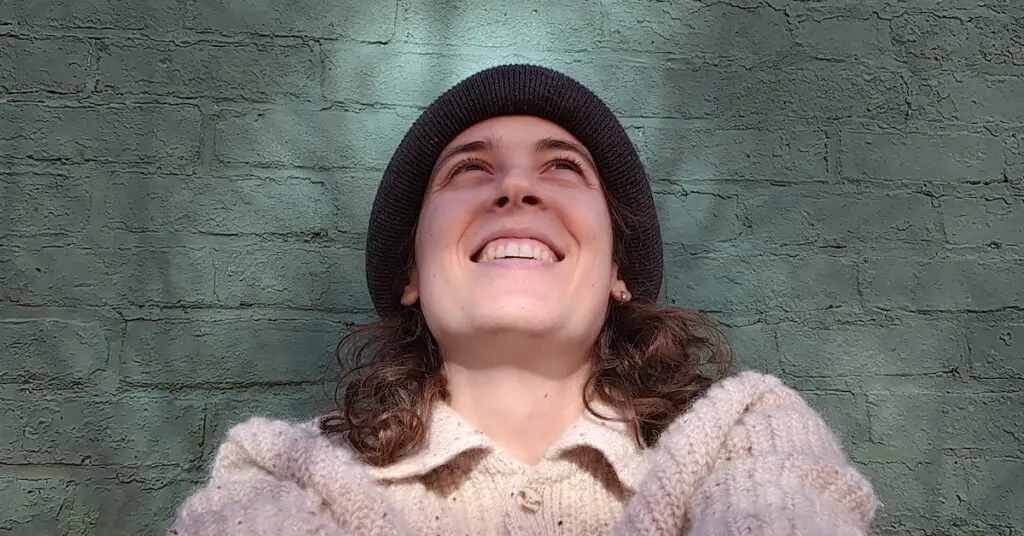
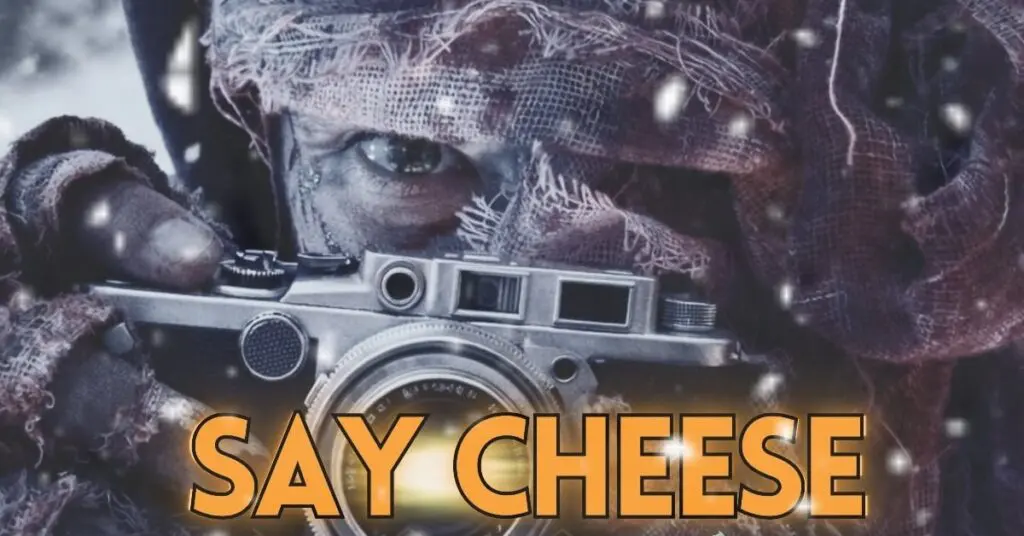
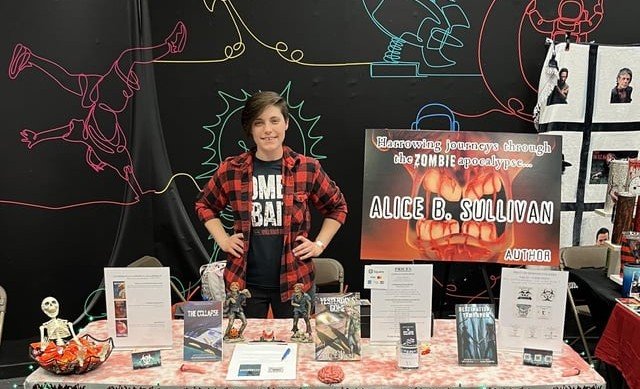
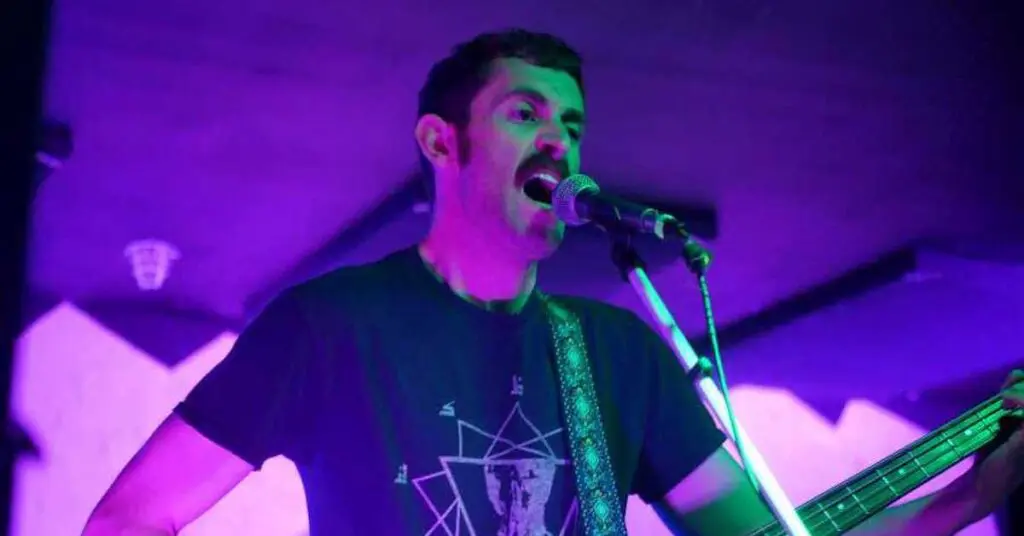
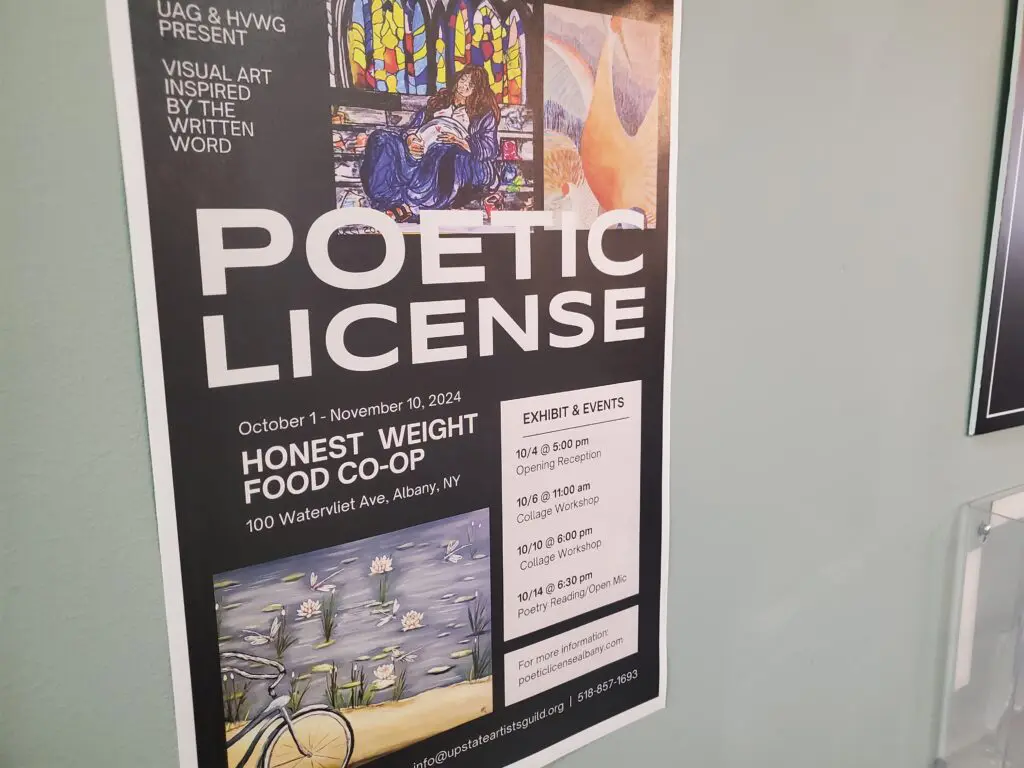
 RadioRadioX
RadioRadioX